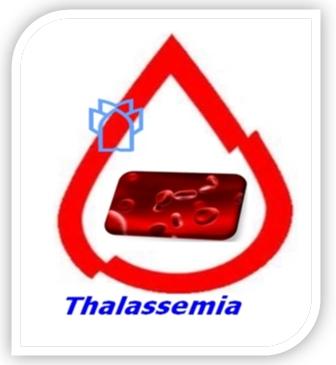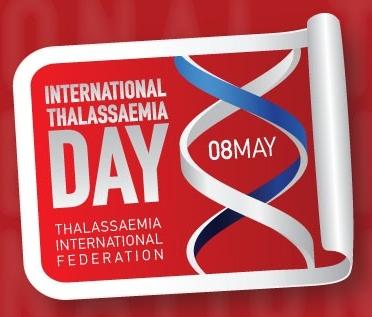
Definition Thalassemia:
Thalassemia is an inherited blood disorder characterized
by less hemoglobin and fewer red blood cells in your body than normal. Several
types of thalassemia exist, including alpha-thalassemia(α), beta-thalassemia( β),
Cooley's anemia and Mediterranean anemia.
People with thalassemia have a genetic defect of their
red blood cells that affects the cells' ability to produce normal hemoglobin.
Red blood cells use hemoglobin to carry oxygen to tissues. As a result of the
defect, most forms of thalassemia produce a chronic, lifelong anemia that begins
in early childhood and often must be treated with frequent
transfusions.
Hemoglobin is the substance in your red blood cells that allows them to carry oxygen. The low hemoglobin and fewer red blood cells of thalassemia may cause anemia, leaving you fatigued.
If you have mild thalassemia, you may not need treatment. But, if you have a more severe form of thalassemia, you may need regular blood transfusions. You can also take steps on your own to cope with fatigue, such as choosing a healthy diet and exercising regularly.

International Thalassaemia Day :
The International Thalassaemia Day is celebrated on 8
May.
the importance of the International Thalassaemia Day in raising
global awareness of thalassaemia; agrees with the key theme that thalassaemia
patients and affected communities should have access to information on this condition; notes that although thalassaemia is a serious,
lifelong medical condition, with modern medical treatment it is
manageable.
related links:
Thalassaemia International Federation